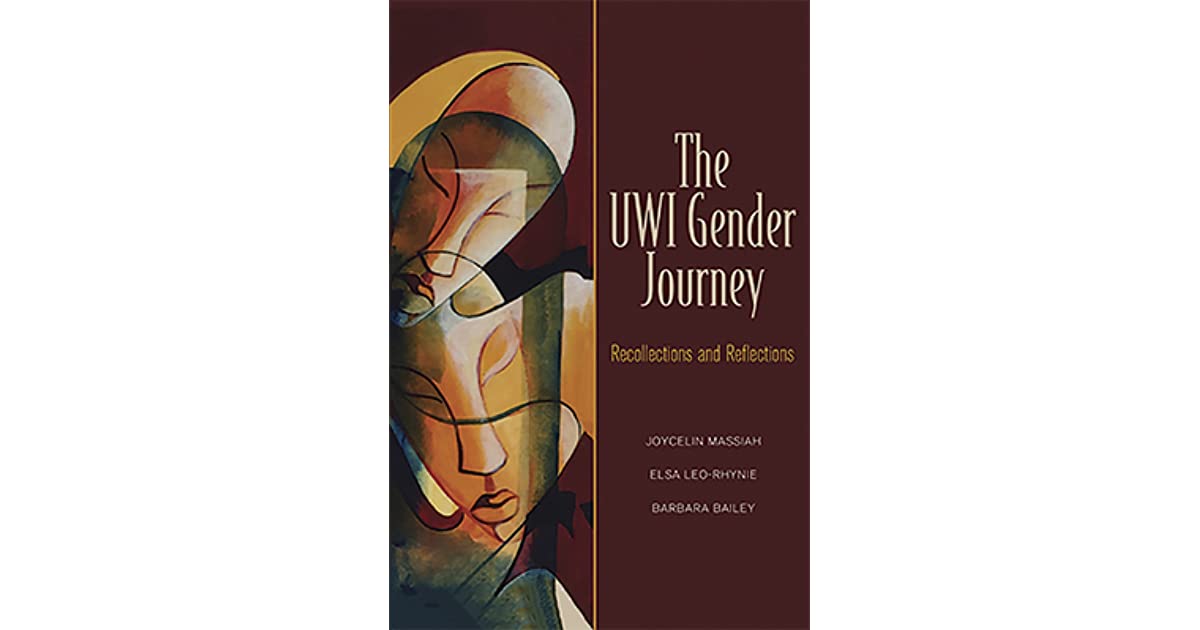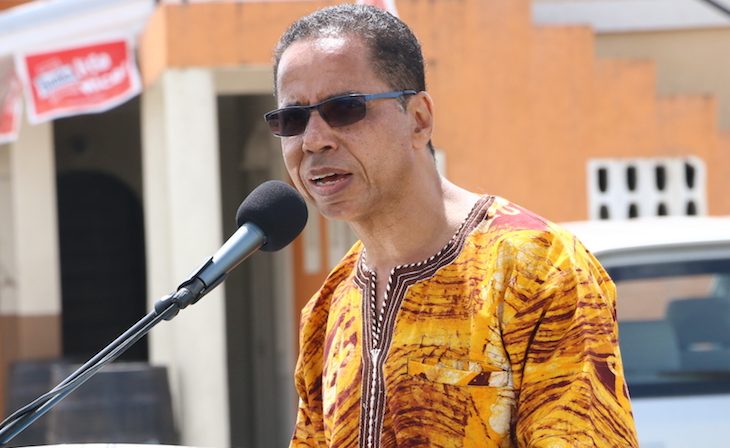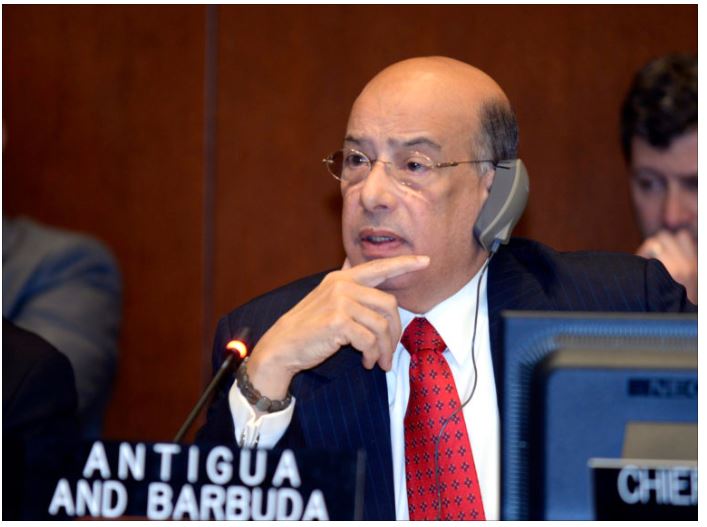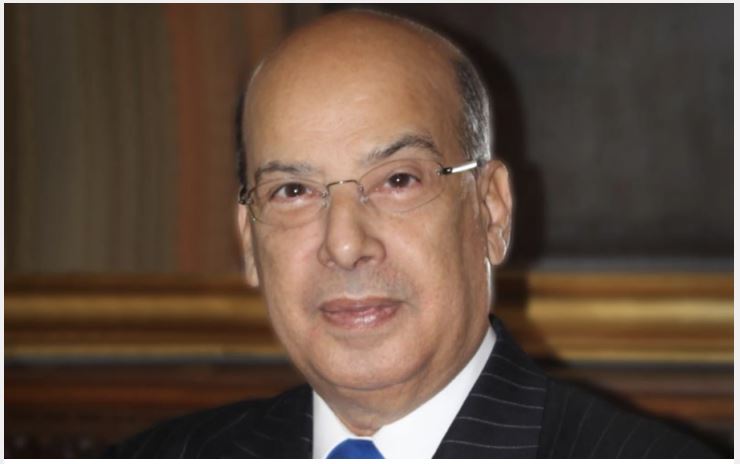By Dr. Edward Greene
I am Generation Equality: Realizing Women’s Rights. This is the theme of International Women’s Day (March 8), 2020.
It is a significant reminder that an equal world is an enabled world. It is one to which we must strive. Individuals and leaders of institutions around the globe have issued statements to this effect.
Many countries and regions have identified the champions that have brought the struggles for women’s rights and gender equity to the forefront of the global agenda. They ensured inclusion of measurable targets in the 2030 Sustainable Development Goals.
GOFAD, reaching into its library, found an amazing contribution to this global movement emanating in the Caribbean that is worthy of highlighting. This Caribbean movement is portrayed in an informative book, The UWI Gender Journey: Recollections and Reflections coedited by three of the Caribbean’s foremost scholars, Professors Jocelyn Massiah, Elsa Leo Rhynie and Barbara Bailey. It is a must read for scholars, students, advocates and all those interested in issues of social justice, equality and inclusion.
The focus of this book is on the evolution and growth of gender studies at the University of the West Indies. It illustrates how the leaders of this enterprise forged ahead to open new areas of academic investigations; how they impressively disseminated results of their studies; and how these results laid the basis for formidable policies, advocacy and actions at community, national, regional and international levels.
The three editors are of course among the original pioneers of this movement which began as a modest venture under the banner Woman and Development (WAND). But others include Peggy Antrobus, Dame Neita Barrow, Lucille Mair, Kathleen Drayton, Magna Pollard, Rhoda Reddock, Eudine Barriteau, Patricia Mohamed, Verene Sheppard and Lieth Dunn. Together and at different times, they and many others referenced in the book contributed to institutionalizing an internationally reputable Institute of Gender Studies with focal points at all three campuses (in Jamaica, Barbados and Trinidad and Tobago) of the University of the West Indies (UWI).
As Sir Hilary Beckles, UWI’s Vice Chancellor so aptly describes in his testimonial, the Institute of Gender Studies which emerged out of WAND has blossomed into “a fastidious custodian of the commitment to gender liberalization, intellectual engagement — and effective leadership in the interactive fields of teaching, research, policy formulation and institutional refashioning”
In setting the scene, Joycelin Massiah connected the mission of Women and Development with a colonial past and a developmental future. It referred to the identification of discrimination of women in the Caribbean by the Moyne Commission in 1946, the blue print for women’s rights established in the UN Declaration on Human Rights, 1948, and the stimuli of the first World Conference on Women in Mexico City, 1975.
They all created a firm basis on which to move to the next level of women’s development. This dynamic triggered the establishment of the Caribbean Women’s Association (CARIWA) and the inauguration of the Woman and Development (WAND) Unit within UWI in 1978. They were, however, just “the first tentative steps toward the introduction of women and development studies into the regional academy.“
Among the highlights of this book that readers will find enlightening are:
- The analysis of the historical situation of women in the Caribbean, the product of several waves of migration.
- The contemporary developments stimulated by advocacy from the WAND Unit at UWI involving initiatives by governments, informed articulation by NGOs, and the formation of Caribbean women’s organizations.
- Women in the public sphere illustrated by their emergence in political leadership : Prime Minister Dame Eugenia Charles in Dominica (1980-1995), President Janet Jagan in Guyana (1997-1999) and Prime Ministers Portia Simpson Miller in Jamaica (2005-2007 and 2012-2016), and Kamala Persad Bissesar in Trinidad and Tobago (2010-2015). Prime Minister Mia Mottley of Barbados assumed office in 2018, outside the period covered.
- Women in the Caribbean Project based on gender focused research, the use of empirical data as a basis of policy making and outreach; and the essence of building a regional and international presence especially during the UN Decade of Women 1975-1985.
- Programme development was regional in scope, multidisciplinary in design, guided by traditional and emerging methodologies, and adapting a participatory style. It attracted partnerships initially from Liverhulme Trust Fund and the Ministry of Development Administration through the Institute of Social Studies, The Hague, Netherlands that triggered a series of contributions from other donors including the Ford foundation.
- Institutionalizing Gender Development Studies at UWI revolved around maintaining high academic standards, managing expectations, galvanizing support, framing and implementing strategies for sustainability; creative and relevant academic programmes, sustainable financing, and creditable outreach that ensured stakeholders in the communities were beneficiaries of research dissemination.
- Building goodwill and credibility. This was meant being actively engaged in regional and international partnerships. Among them: the Consortium Graduate School in the Social Sciences led by the late Prof. Norman Girvan, the British Council, the Commonwealth of Learning, the United Nations Development Fund for Women and UNESCO/Caribbean Network of Educational Innovation for Development.
The book goes on to illustrate how the period of Consolidation 1996-2010, following the landmark Beijing Platform for Action in 1995, witnessed the roll out of graduate programmes, accelerated capacity building in research, the establishment of a robust data base to sustain analysis and policy making, the emergence of new programme areas such as gender and sexuality, construction of masculinities, the making of feminisms, and the blossoming of outreach activities within and beyond the academy.
Such outreaches include national-level initiatives on gender policies, gender awareness and training women in leadership. In addition, the visibility of WAND soared through the increasing number of its leadership serving in regional and international bodies. Joycelin Massiah assumed the position as Caribbean Regional Director of United Nations Development Fund for Women, (now UN Women).
Eudine Barriteau, became Prinicpal , UWI Cave; Elsie Leo Rynie, Deputy Principal UWI Mona; and Rodda Reddock, Deputy Principal, UWI St Augustine. Others were engaged in leadership roles in the Committee on the Elimination of Discrimination (CEDAW) and Development Alternatives with Women in the New Era (DAWN].
Verne Shephard emerged as a highly respected spokesperson on reparations and gender equity at the UN and other international theatres. Barbara Bailey became a foremost advisor to the Caribbean Community on Gender and Education. Rosina Wiltshire served as Gender Justice Advocate to CARICOM. Yet there are so many others who gained professorships and have taken primary roles within the public and private sectors and in NGOs both nationally and regionally.
This book covers a journey of approximately 30 years. It is based on archival material and sturdy analysis. Reflections, recollections and spontaneous testimonials of the major players over the years formed an innovative methodology. It is a holistic assessment of the origins, evolution, challenges and triumphs of woman and development in the Caribbean.
In reflecting on the future, it is quite clear that the pioneers of the Caribbean women and development programme marshalled the intellectual fabric, ushered in an era that has placed women and gender as cross cutting elements of academic significance, and have given substance to the claims of ordinary women for greater attention to the social and economic challenges they face.
It is to their credit that increasingly, policy, advocacy and militancy are backed by evidence; that there is a seismic shift in the understanding of women in the workplace, in entrepreneurial ventures, in politics , in the law and, in particular, in struggles to overcome the discrimination and disadvantages they encounter in the value chain, resistant to change. Increasingly this includes attention to issues such as sexual harrasment and violence against women and girls.
Let us therefore take the opportunity of 2020 World Women’s Day to hail the contribution and inspiration of these Caribbean Champions that set the stage for Generation Equality- Realizing Women’s Rights.




